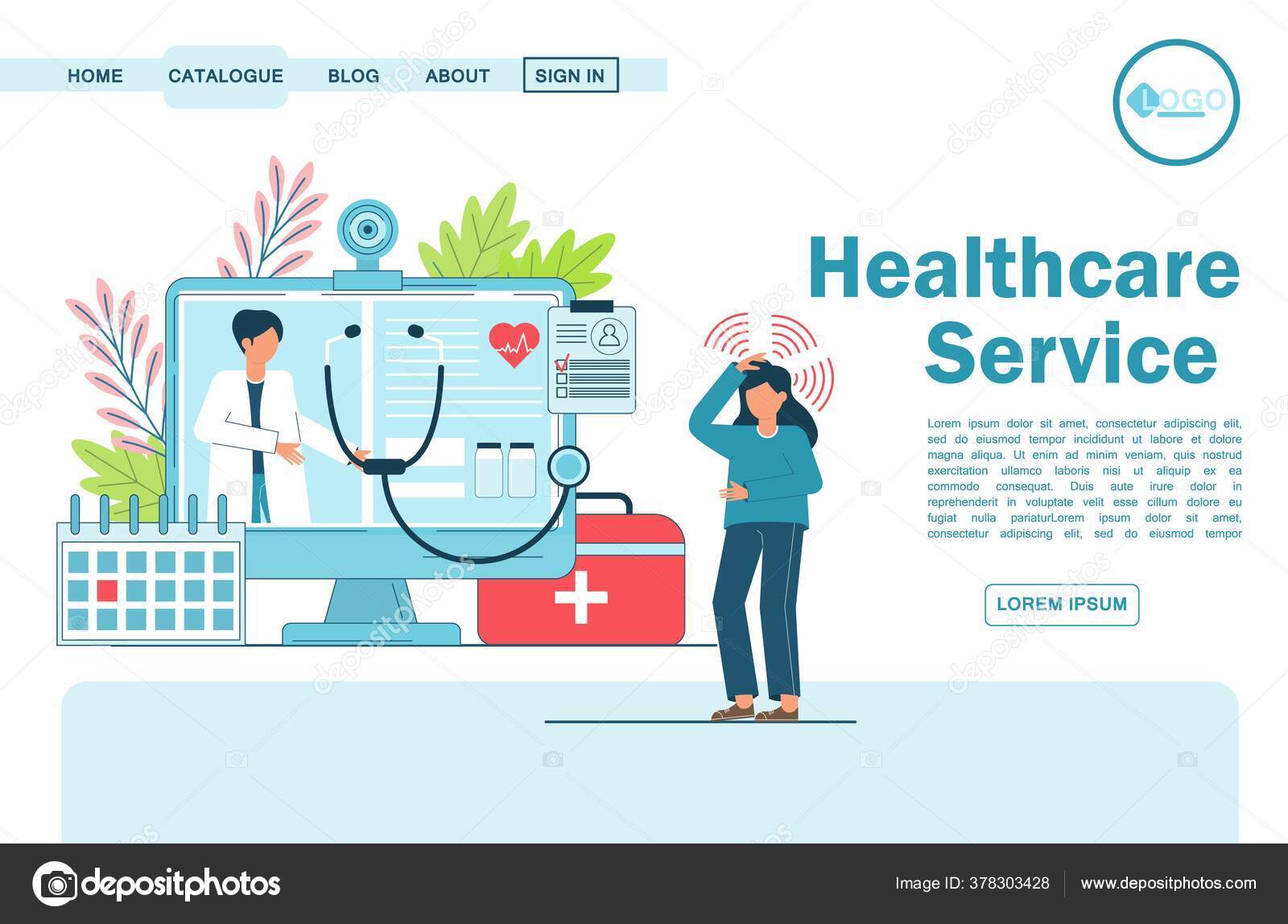Browsing the Future of Medicine With Subscription-Based Health Care Solutions
As the healthcare sector evolves, subscription-based services arise as a critical version assuring to improve individual treatment shipment. The solutions to these questions can fundamentally modify our approach to healthcare.
Increase of Registration Healthcare
As medical care systems around the globe face enhancing stress from increasing costs and demand for solutions, the development of subscription-based healthcare models has actually become a transformative pattern. This ingenious approach is interfering with traditional health care shipment by using a foreseeable, flat-rate repayment framework for clinical services. Rooted in the principles of attendant medication, subscription-based health care enables carriers to concentrate on individualized individual treatment while simultaneously managing functional performances.
The surge of this version can be credited to several factors. Technological advancements have actually enabled more seamless combination of care through telehealth and digital wellness records, assisting in the scalability of membership services. Moreover, the boosting consumer need for openness and predictability in health care expenses has actually driven the change towards this version. Subscription-based services frequently use straight accessibility to health care experts, which can decrease the management concerns related to insurance coverage claims and reimbursements (subscription based healthcare).
This design is obtaining grip amongst diverse medical care carriers, from health care physicians to specialized clinics, by lining up economic rewards with preventive and constant treatment. By shifting the focus from volume to value-based care, registration healthcare has the possible to reshape the landscape, fostering a much more lasting and patient-centered technique to health and wellness management.
Advantages for Individuals

Furthermore, subscription-based solutions usually emphasize precautionary care, encouraging regular check-ups and wellness screenings. This proactive method can result in early detection of health issues, possibly enhancing outcomes and lowering lasting medical care expenses for individuals. Additionally, such models usually use clear pricing, enabling individuals to much better recognize their health care expenditures and avoid unexpected clinical bills.
The customized nature of subscription-based healthcare also boosts patient experience. Patients can obtain customized healthcare strategies that match their details requirements, cultivating a much more patient-centric approach. This personalization can bring about improved individual contentment and adherence to therapy plans. Subscription solutions often incorporate wellness programs, sustaining individuals in keeping total health and wellness. Ultimately, these benefits jointly add to a more reliable, economical, and patient-friendly health care experience.
Innovation's Function in Transformation

Man-made knowledge (AI) plays an essential function in predictive analytics, assisting in very early medical diagnosis and customized treatment plans. AI algorithms examine vast datasets to determine patterns that may be forgotten by human monitoring, hence boosting clinical decision-making. Electronic wellness documents (EHRs) enhance client details administration, guaranteeing continuity and coherence of care throughout different services and providers.
Blockchain innovation enhances information protection and personal privacy, essential for keeping patient rely on digital systems. It allows safe and secure and clear transactions of clinical data, guaranteeing that sensitive details continues to be secured. With the assimilation of device understanding and AI, blockchain can automate complex health care processes, lowering management concerns.
Factors To Consider and obstacles
While modern technology thrusts the abilities of subscription-based medical care solutions, it likewise presents a collection of obstacles and considerations that have to be resolved to guarantee effective execution. One significant obstacle is the fair accessibility of these services. As registration designs commonly count on digital platforms, there is a risk of exacerbating the electronic divide, leaving people without internet accessibility or electronic proficiency. Ensuring these solutions do not disproportionately profit only tech-savvy and wealthy populations is vital.
Data personal privacy and safety represent one more important factor to consider. Subscription-based services typically entail the collection and storage space of vast amounts of individual health info. Companies should comply with strict data defense regulations to maintain moved here person trust fund and stop unapproved access, which could cause substantial moral and lawful repercussions.
In addition, the sustainability of subscription designs postures an obstacle. As medical care needs advance, preserving an economical equilibrium between membership costs and solution high quality is important to stop patient frustration and attrition. Integrating these solutions within conventional medical care systems requires seamless interoperability between platforms, which is typically a complex and resource-intensive undertaking. Attending to these challenges is necessary as subscription-based healthcare services proceed to develop and broaden.
Future Ramifications for Medicine
Subscription-based health care solutions are poised to substantially affect the future landscape of medicine by reshaping just how treatment is accessed and provided. These versions offer the prospective to equalize health care gain access to, giving clients with even more individualized and prompt interventions. By leveraging innovation, such as telemedicine and information analytics, registration solutions can promote continuous tracking and tailored health management, hence improving results and reducing the burden on typical health care systems.
As these solutions gain traction, they could promote a change in the direction of preventative treatment, emphasizing the significance of very early discovery and management of chronic problems. This positive strategy may eventually decrease medical care costs by reducing the need for costly treatments developing from late-stage illness administration. Additionally, registration versions provide a scalable remedy to resolve disparities in medical care access, specifically in rural or underserved populaces.
Nonetheless, the transition in the direction of subscription-based versions necessitates attending to moral and regulatory factors to consider, consisting of data privacy and equitable accessibility. go now As the market develops, joint initiatives between policymakers, modern technology developers, and doctor will be critical to establishing durable frameworks that safeguard person rate of interests while promoting development. Ultimately, these solutions promise to contribute dramatically to a more efficient, patient-centered healthcare ecosystem.

Final Thought
Subscription-based healthcare solutions stand for a substantial advancement in the medical field, supplying predictable costs and customized care that boost accessibility and focus on safety nets. Technological developments, such as telemedicine and AI-driven analytics, help with customized individual experiences, enhancing overall health results. Difficulties such as data privacy and equitable accessibility should be resolved he said to ensure the prevalent benefits of these solutions. As the medical care landscape progresses, membership versions are poised to play a vital role in forming the future of medicine.
As the medical care sector develops, subscription-based services emerge as a pivotal model promising to reshape person treatment shipment.As medical care systems around the world face boosting pressures from climbing prices and need for services, the advent of subscription-based healthcare versions has actually arised as a transformative trend (subscription based healthcare).With the surge of subscription-based healthcare models improving traditional medical care shipment, patients are beginning to experience significant advantages from this innovative approach. As medical care needs advance, preserving an economical balance between membership charges and solution quality is crucial to avoid person frustration and attrition.Subscription-based medical care solutions are positioned to significantly influence the future landscape of medication by improving just how treatment is accessed and supplied